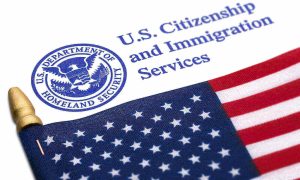The main difference between a private DNA test and a legal DNA test is whether the sample collection is done discreetly or witness by a third party.
Private DNA tests are collected using at home DNA test kits in the privacy of your own home. Private DNA tests are 100% discreet and are intended for families who wish to find out the truth before deciding on the next step.
Legal DNA tests can be used in court. You cannot collect the samples for a legal DNA test yourself. The samples collected for a legal DNA test must be done under strict chain-of-custody procedures. At the time of sample collection, all parties to be tested must bring two pieces of legal government issued identification (one must be photo identification) as well as a recent passport photograph. All individuals tested must be fingerprinted at the time of collection and the entire collection processed must be performed by an unbiased third party who checks the identification, and witnesses the entire collection procedure. After sample collection, the samples are secured using tamper proof evidence tape which must remain intact when the samples arrive at the laboratory.
Both private and legal DNA tests are equally accurate.



